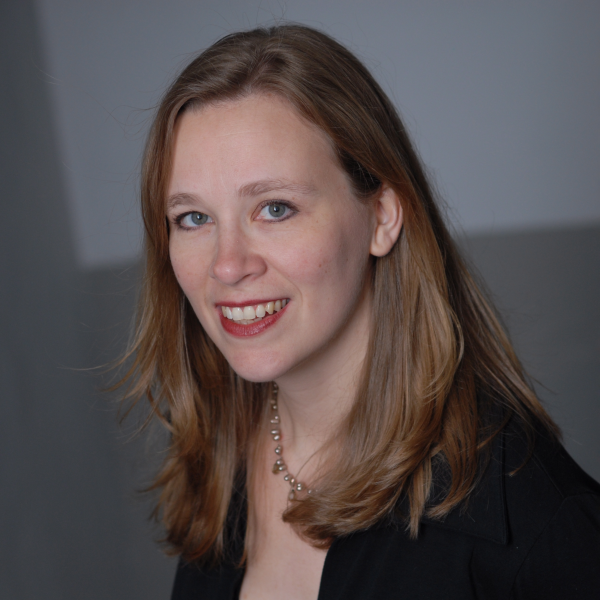
Grossman Ensemble premieres Amy Williams' "Telephone"
Program notes:
The children’s game Telephone requires careful listening. The process of passing a simple phrase around a circle of individuals creates inevitable (and fascinating) transformations. Most often the listener tries to duplicate what they heard precisely, but sometimes there is an intentional (devious or hilarious) change. We played the game of Telephone during the first Grossman Ensemble rehearsal in September. The Ensemble’s unique format, with time given to elaborate on ideas through collaboration and conversation, was essential to the concept of the piece—and to its playful energy. There is certainly some subtext about the omnipresence of telephones in our lives. We switch quickly between text threads and sometimes mistakenly respond to the wrong person. We delete (superficial, informational, irrelevant) threads and we save other (complex, emotional, memorable) ones. We seek comfort, distraction, and connection from telephones. It is relentless, but also full of possibilities, as we find new ways to communicate and keep conversations going.
Amy Williams' piece Telephone premiered with the Grossman Ensemble on December 3, 2021.
